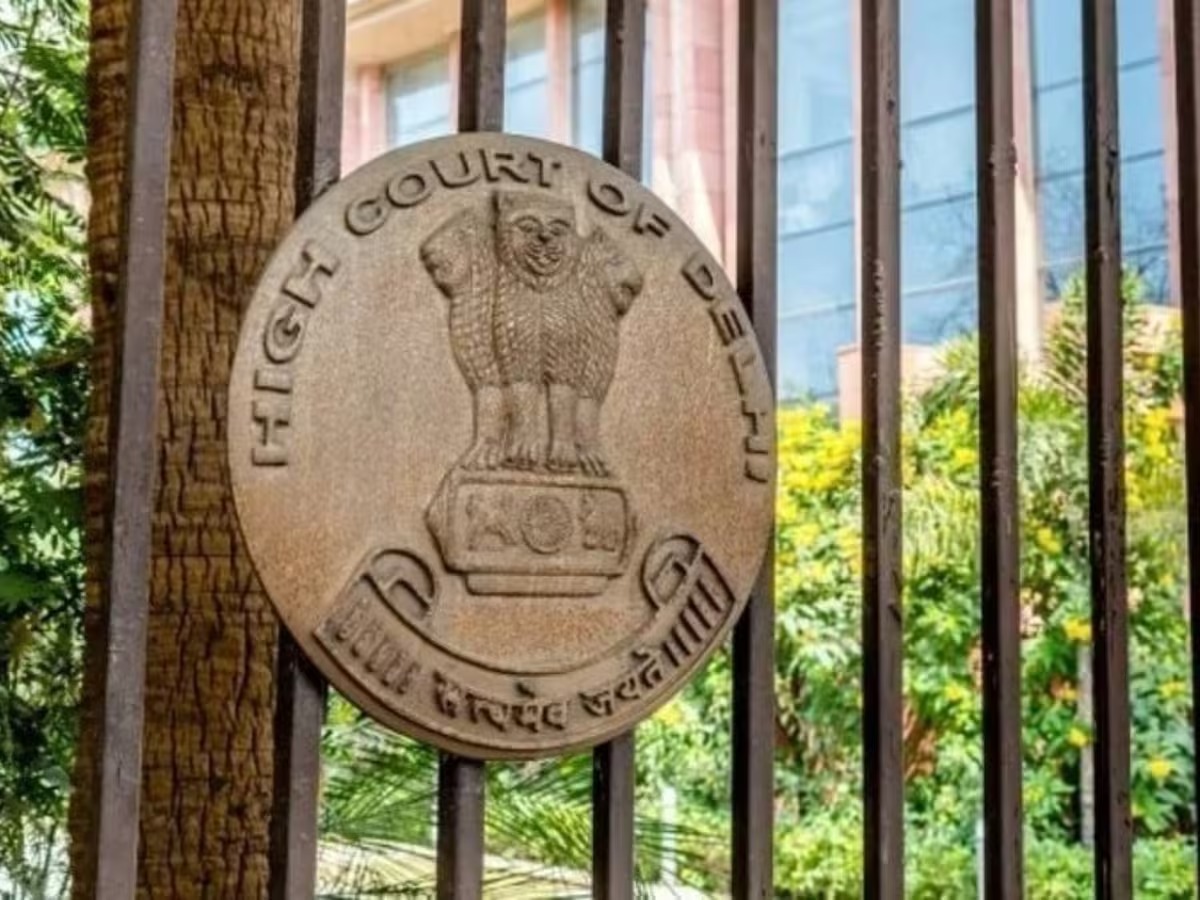Bechu Kurian Thomas, J
1. Petitioner is the accused in C.C. No.279/2015 on the files of the Judicial First Class Magistrate's Court, Kalamassery, which arises out of Crime No.1047/2013 of Kalamassery Police Station. The offence alleged against the petitioner is under Section 419 of the Indian Penal Code, 1860 (for short 'IPC').
2. According to the prosecution, on 23.05.2013 the accused who hails from Mumbai, reached the villa complex of cricketer S.Sreesanth. After conveying to the security guard that he was from the Mumbai Police, accused entered the house of the cricketer and told his parents that he was a staff of the Board of Control for Cricket in India and thereby cheated the de facto complainant and committed the offence under section 419 IPC.
3. Adv.Megha appearing on behalf Sri. Dheeraj Krishnan, the learned counsel for the petitioner contended that even if the allegations are admitted, it would not make out any offence under section 419 IPC. It was submitted that in order to satisfy the requirements of the provision, petitioner ought to have cheated the defacto complainant and in the absence of any allegation to that effect, the offence cannot be attracted at all.
4. Sri.K.A.Noushad, the learned Public Prosecutor submitted that the allegations are required to be adjudicated after appreciation of evidence. He pointed out that from the allegations in the final report and from the statements of the security guard, it is evident that the accused had cheated the defacto complainant and thereby committed the offences alleged. Referring to the statement that the security guard would not have permitted the accused to enter the villa if not for the impersonation and therefore the requirements of cheating under section 415 IPC are satisfied and hence the offence is prima facie made out.
5. I have considered the rival contentions and have perused the statements of witnesses and the materials adduced by the prosecution.
6. Section 416 IPC reads as follows: A person is said to “cheat by personation” if he cheats by pretending to be some other person, or by knowingly substituting one person for another, or representing that he or any other person is a person other than he or such other person really is.
7. The dictionary meaning of the term personate is to pretend to be another person or assume the character of or act the part of. For the offence to be attracted, it is not enough that a person merely pretends to be some other person as mere impersonation is not an offence. The offence is attracted only when, along with the impersonation, the accused indulges in cheating. Section 415 IPC defines cheating. Thus, in order to constitute the offence of cheating by impersonation, apart from pretending to be some other person, the accused should have (i) deceived a person fraudulently or dishonestly, (ii) the person so deceived should have been induced to deliver any property to any person or should have been intentionally induced to do or omit to do something which he would not have omitted to do if he was not so deceived, and (iii) in cases covered by the latter part of the above clause (ii) the act or omission should be one which causes or is likely to cause damage or harm to the person induced in body, mind, reputation or property.
8. The offence of cheating by impersonation occurs only when, due to the impersonation, some damage or harm to body, mind, reputation, or property takes place or is likely to take place. In other words, the accused must have, by the act of impersonation, obtained some property or induced the aggrieved to do or omit to do something that would have caused damage or harm to his mind, body, reputation, or property.
9. In the decision in Ram Jas v. State of U.P. [(1970) 2 SCC 740] it was observed that the conviction for an offence under section 419 IPC substantively can be justified only if the facts proved constitute all the ingredients of the offence of cheating. In the said case, an Oath Commissioner was induced to attest the affidavit by wrong identification of the affiant by the accused. The Supreme Court held that there was no likelihood of any damage or harm in body, mind, reputation or property, so that the Oath Commissioner was never cheated.
10. On a perusal of the allegations in the final report, it is noticed that, though the security guard was induced to permit the accused to enter the Villa complex due to the impersonation, there is no allegation that any damage or harm was caused to the security guard. In the absence of any whisper of any such harm having been caused or to have likely been caused to the security guard for having been induced by the alleged impersonation of the petitioner, the accused cannot be said to have committed cheating. If a person is not cheated, then the offence under section 419 cannot be attracted.
11. In view of the above circumstances, this Court is of the view that the materials relied on by the prosecution do not constitute an offence under section 419 IPC. Accordingly, the proceeding initiated against the petitioner before the trial court is an abuse of the process of court requiring intervention under section 482 Cr.P.C.
12. Hence, the proceeding against the petitioner in C.C. No.279/2015 on the files of the Judicial First Class Magistrate's Court, Kalamasserry, which arises out of Crime No.1047/2013 of Kalamassery Police Station, is hereby quashed.
The Criminal Miscellaneous Case is hereby allowed.

